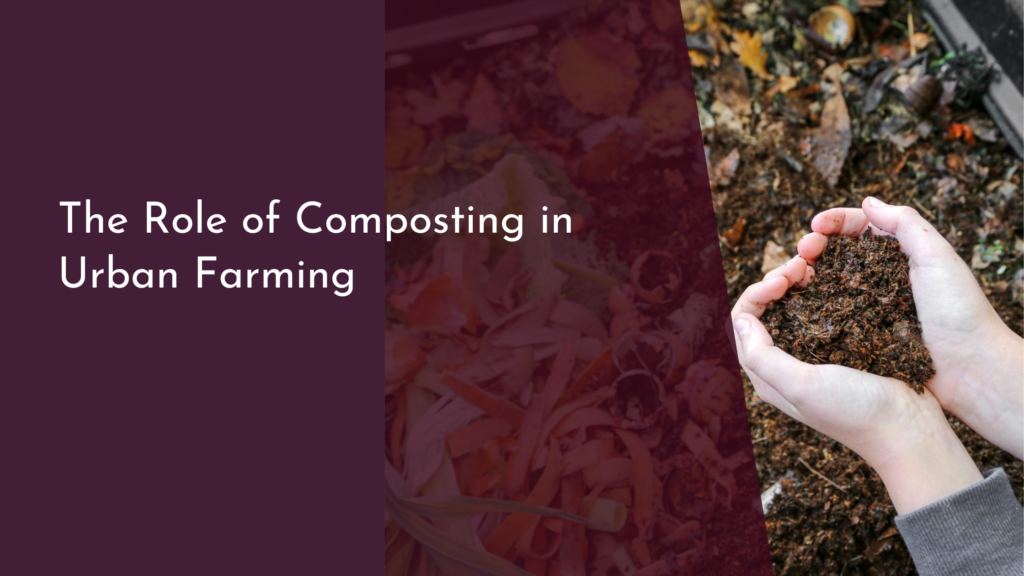The role of biodegradable materials in low-carbon farming
As the urgency to address climate change intensifies, the agricultural sector is seeking innovative solutions to foster sustainable practices. One promising avenue is the use of biodegradable materials, which can significantly transform farming methods while helping to mitigate carbon emissions. This article explores the role of biodegradable materials in low-carbon farming, illustrating how these eco-friendly options contribute to a more sustainable, greener future.
Discovering Biodegradable Materials in Sustainable Farming
Biodegradable materials are organic products that can decompose naturally over time, returning to the earth without leaving harmful residues. In sustainable farming, these materials can include items such as plant-based mulch films, compostable seed trays, and biodegradable fertilizers. By integrating these products into farming practices, growers can reduce reliance on synthetic materials that contribute to pollution and greenhouse gas emissions.
Moreover, the use of biodegradable materials aligns with the principles of regenerative agriculture, focusing on restoring soil health and enhancing biodiversity. These materials not only minimize waste but also promote a circular economy within the agricultural sector. As farmers discover the myriad applications of biodegradable products, the potential for eco-friendly solutions becomes increasingly evident.
How Eco-Friendly Options Reduce Carbon Footprint
The integration of biodegradable materials into farming helps lower the carbon footprint in several ways. Firstly, these materials decompose naturally, which means they do not contribute to the accumulation of plastic waste in landfills. Unlike traditional plastic products that can take hundreds of years to break down, biodegradable alternatives can decompose within months, significantly reducing the long-term environmental impact.
Additionally, using biodegradable materials can enhance soil health, promoting carbon sequestration. Healthier soils can absorb more carbon dioxide from the atmosphere, thus playing a critical role in climate mitigation. By fostering a healthier ecosystem, farmers can effectively reduce their carbon emissions and contribute positively to the environment.
The Benefits of Using Biodegradable Products in Agriculture
The advantages of biodegradable products in agriculture extend beyond just environmental benefits. For farmers, these materials can be cost-effective alternatives to conventional plastics and fertilizers. Many biodegradable products are derived from renewable resources, which can lead to reduced input costs over time. Furthermore, as consumer demand for sustainably produced goods rises, farmers utilizing biodegradable materials can enhance their marketability, attracting eco-conscious consumers.
Moreover, the use of biodegradable materials can improve agricultural productivity. For instance, biodegradable mulches can help retain soil moisture, suppress weeds, and improve soil temperature, leading to better crop yields. As farmers adopt these innovative practices, they enjoy the dual benefits of increased efficiency and sustainability, paving the way for a brighter agricultural future.
Transforming Farming Practices for a Greener Future
Embracing biodegradable materials is not just about using new products; it represents a fundamental shift in farming practices towards sustainability. Farmers are increasingly recognizing the importance of their role in combating climate change and are experimenting with various biodegradable options that align with their values and goals. This transformation fosters a sense of community as farmers collaborate, share knowledge, and support one another in their sustainability journeys.
Furthermore, agricultural organizations and governments are beginning to support the adoption of biodegradable materials through grants, training, and policy changes. This collaborative effort not only empowers farmers but also stimulates innovation in sustainable farming technologies. As more farmers join the movement towards biodegradable solutions, the collective impact on the environment can lead to a greener future for all.
In conclusion, the incorporation of biodegradable materials into low-carbon farming practices presents a unique opportunity to address climate change while enhancing agricultural sustainability. By embracing eco-friendly options, farmers can significantly reduce their carbon footprint, reap economic benefits, and contribute to a healthier planet. With growing awareness and support for these materials, the agricultural sector is well on its way to transforming its practices for a greener future. Together, we can cultivate a world that thrives in harmony with nature!

